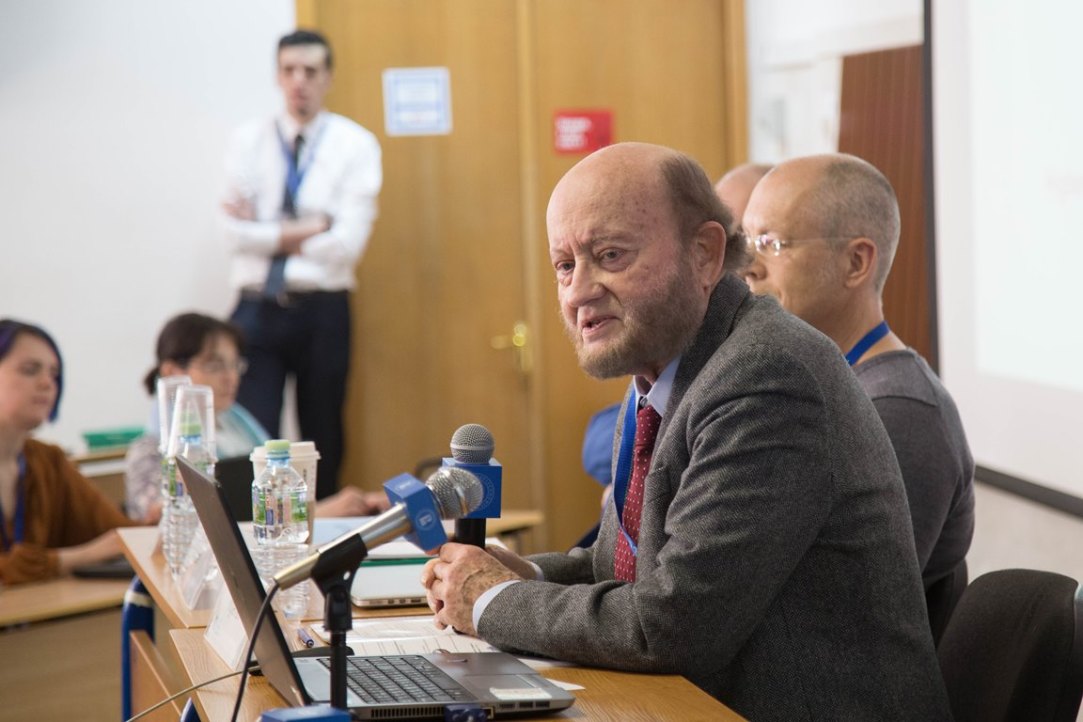
Tag "social research"


While being single or married does not usually make much difference in terms of life satisfaction for younger people, single individuals tend to feel less happy as they age, particularly at certain moments of their lives, and most single people experience a peak of unhappiness once they retire, according to Anna Shirokanova, Senior Research Fellow of the HSE Laboratory for Comparative Social Research in St. Petersburg.
About 40% of the Russian able-bodied population are employed in the informal sector of the economy. This is a competitive market economy. Subsistence production, distributed manufacturing, ‘garage production’, seasonal work and various cottage industries flourish in the Russian regions. The economies of many small cities feature strict specialization and developed cooperation, in the context of internal competition between families and clans. These are the findings of HSE professors Simon Kordonsky and Yury Pliusnin in their study ‘Social Structure of the Russian Provinces’.
Attitudes towards family and sexual norms vary widely across the former Soviet Union republics. At the country level, economic development and the level of religiosity both help to determine attitudes, while age plays an important role at the individual level. Middle-aged people tend to be more liberal than those who are older or younger, according to a study conducted by Sofia Lopatina, Veronica Kostenko, and Eduard Ponarin of the HSE's Laboratory for Comparative Social Research (LCSR) in St. Petersburg.
1
2
